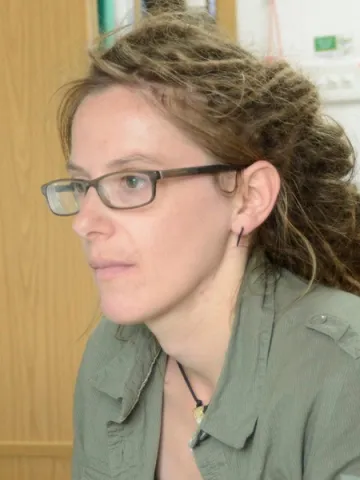About the project
This project aims to develop, fabricate, and test new technology for studying sediments that will enable scientists to gain new insights into our coastal environment.
Sediments at the bottom of seas and estuaries are fundamentally important natural environments, forming the interface between the marine world and the terrestrial/geological worlds. They play multiple key ecological roles by providing:
- an important habitat for aquatic plants and animals
- a sink for carbon sequestration
- a natural flood protection buffers
Observing the processes within sediments is difficult however. They are traditionally studied by sampling and lab analysis, but this is laborious and disturbs the sediment being measured.
Sediment profile imaging (SPI) is an alternative technique that allows scientists to examine sediment while minimising disturbance. An imaging system (featuring a window, an internal camera, and control electronics) is inserted into the sediment to observe the cross-section of the sediment and the water above. With simple images scientists can identify how the sediment chemistry changes with depth, the presence and identity of burrowing creatures, and (if the camera can be left there) see how it changes with time because of the effect of tides in estuaries, or how borrowing creatures move through the sediment.
Currently almost all existing SPI systems are built for studying the bottom of oceans. They are bulky, heavy and require a ship for deployment. This makes them unusable in some of the most interesting environments, specifically shores, tidal estuaries, and indeed anywhere inaccessible to large research ships.
In this project you will work with scientists and engineers to design, build, and test a new portable SPI system that can be used to study sediments in tidal and shallow locations. You will receive technical training in both engineering and environmental science. You will be trained on 3D printing, laser cutting, and other fabrication facilities within the University to be able to deliver new prototype designs. You will also be trained in traditional sediment sampling, field sampling design, and sufficient sediment transport and coastal process theory necessary to understand the design parameters and usage of the instrument.
This will be supplemented by academic and soft-skills training courses offered from the University, and you will have opportunities to participate in soft-skills development more generally by gaining experience of teaching or outreach activities.

